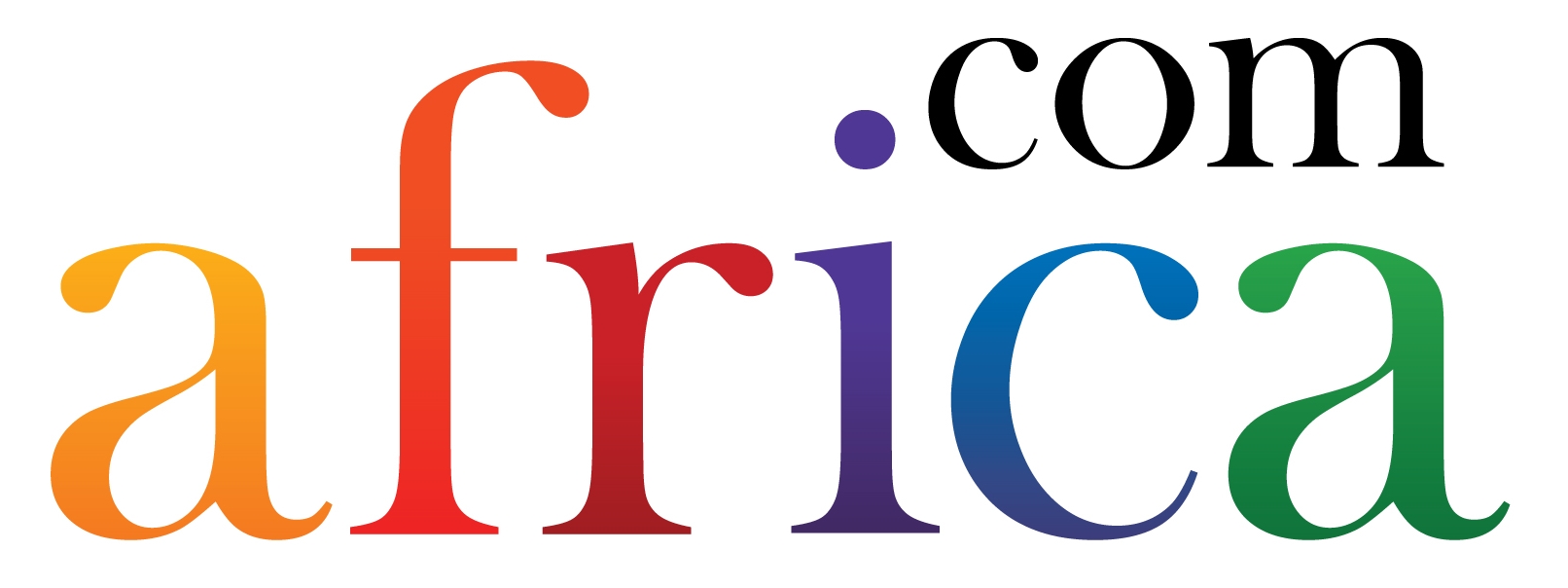Empowering Nigerian Women for Sustainable Business and Environmental Impact
Nigeria ranks second worldwide, trailing only China and India, in terms of the percentage of its population lacking access to clean cooking solutions. As a result, most Nigerians have resorted to using firewood for cooking, heating and various domestic chores as a coping mechanism for the nation’s challenging economic conditions. Tragically, a significant number of Nigerian women suffer from health issues caused by prolonged exposure to firewood smoke, with the World Health Organisation estimating over 98,000 deaths annually attributed to this source.
In Maiyama, a rural settlement in Kebbi state, northeast Nigeria, Rukayya Adamu starts her day by harvesting firewood from a nearby bush. She does this not only to provide for her family but also generate income through selling a portion of the wood.
Rukayya is just one of 150 million Nigerians living in rural communities who heavily depend on wood, charcoal, and other environmentally harmful biomass for their daily cooking needs.
The economic repercussions of the COVID-19 pandemic have been particularly harsh especially on women residing in rural regions of Nigeria.
Many have been compelled to engage in businesses that pose significant environmental threats, such as firewood sales, simply to make ends meet. Unfortunately, the pressing need to put food on the table often overshadows concerns about the adverse effects of climate change.
Nigeria ranks second worldwide, trailing only China and India, in terms of the percentage of its population lacking access to clean cooking solutions. As a result, most Nigerians have resorted to using firewood for cooking, heating and various domestic chores as a coping mechanism for the nation’s challenging economic conditions. Tragically, a significant number of Nigerian women suffer from health issues caused by prolonged exposure to firewood smoke, with the World Health Organisation estimating over 98,000 deaths annually attributed to this source.
Despite Nigeria’s commitment to the Paris Climate Agreement in 2017, the nation still grapples with the alarming number of women and children facing health ailments due to consistent exposure to firewood and charcoal. Moreover, the environmental impact of deforestation and the sourcing of firewood from tropical forests, including national parks home to endangered species like monkeys, elephants and large cats cannot be overlooked.
For Rukayya, the absence of basic education or life skills for sustainable livelihoods led her to venture into the firewood business.
“I started this firewood business because it was the only thing I could do. I had no skill or money to do other businesses, so I began to buy firewood in large quantities for cooking and, at the same time, sell some to households, “says Rukayya.
However, Rukaya found hope and opportunity when the Nigeria for Women Project (NFWP), a World Bank-funded initiative aimed at enhancing women’s livelihoods in selected Nigerian states, was introduced in Maiyama. Women aged 18 and older are organized into Women Affinity Groups (WAG), where they learn to pool their resources and save for future needs. The funds are subsequently made available as loans to group members to either expand their existing businesses or launch new ventures. The project has so far touched the lives of more than 400,000 women across six states of Nigeria and disbursed more $17 million in business grants.
Rukayya recalls her experience: “I was still selling firewood when I joined my group. One day, during our training, our Ward Facilitator, explained the hazards of using firewood and how it threatens our wellbeing.” As she saved diligently within the group, she eventually qualified for a loan, enabling her to explore alternative business opportunities.
Inspired to transition away from the firewood trade, she borrowed 12,000 naira from her WAG and invested it in purchasing a bag of soya beans. Soon after, she expanded her offerings to include tiger nuts. “Through the NFWP, I became aware of innovative businesses that support sustainable livelihoods,” she explains.
The NFWP not only encourages women to save and make informed business decisions but also enhances their capabilities through a range of training sessions encompassing, financial education, gender dynamics, and life skills, and business skills. These training programs have had a positive ripple effect, resulting in better financial planning, improved pricing strategies, and diligent record-keeping – all of which have significantly boosted their businesses and increased their income.
Rukayya, now able to keep meticulous records and craft effective budgets and business strategies, exclaims “Our Ward Facilitator explained how to save wisely because, previously, we managed our finances blindly, often spending our earnings, without considering the long-term sustainability of our businesses.
In a world committed to combating climate change, women in rural areas like Rukayya have the potential to become catalysts for positive change within their communities and the environment at large. The empowerment and knowledge gained through initiatives like the NFWP can pave the way for sustainable businesses, improved livelihoods, and a more environmentally conscious society.
Distributed by APO Group on behalf of The World Bank Group.





